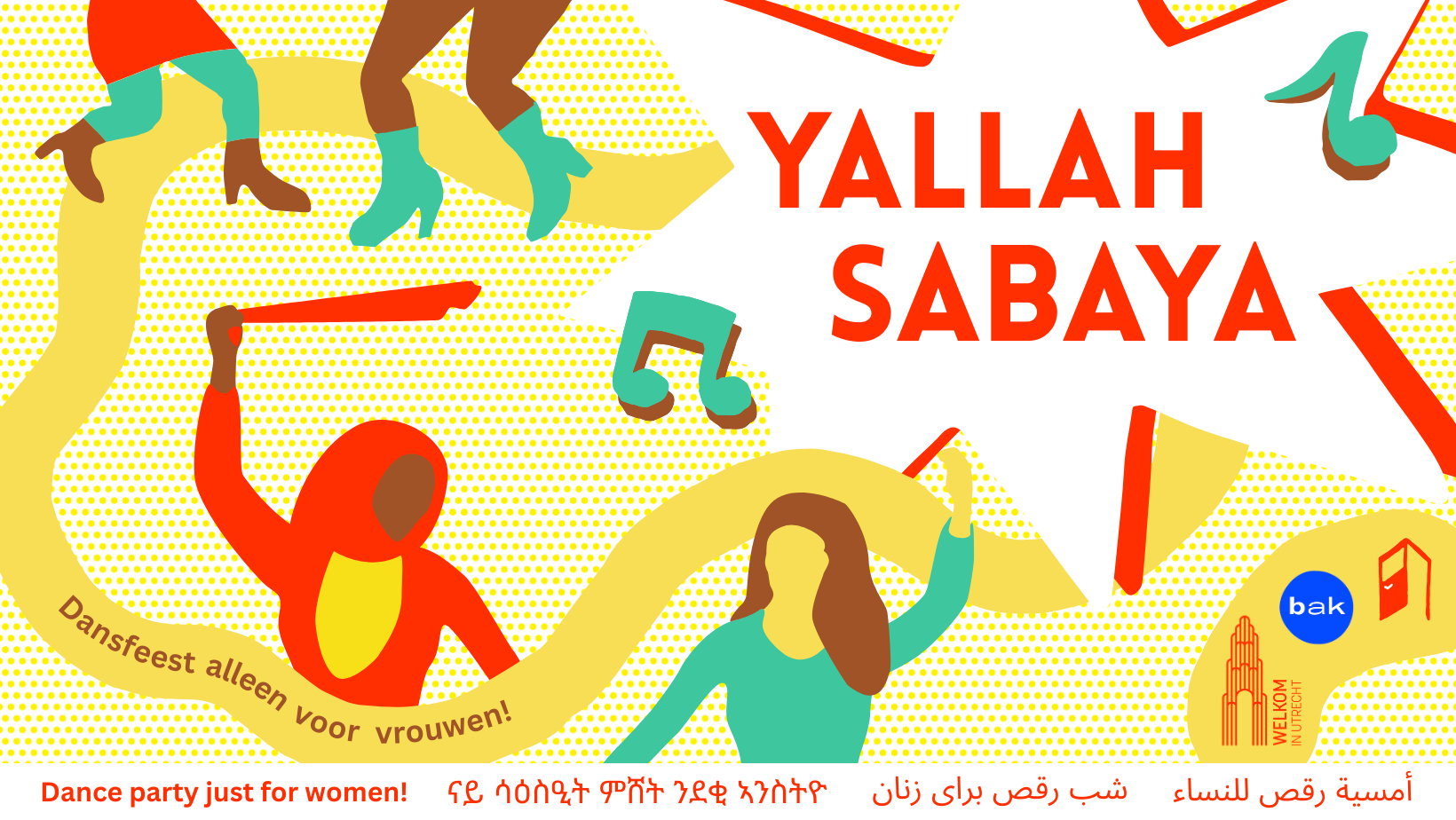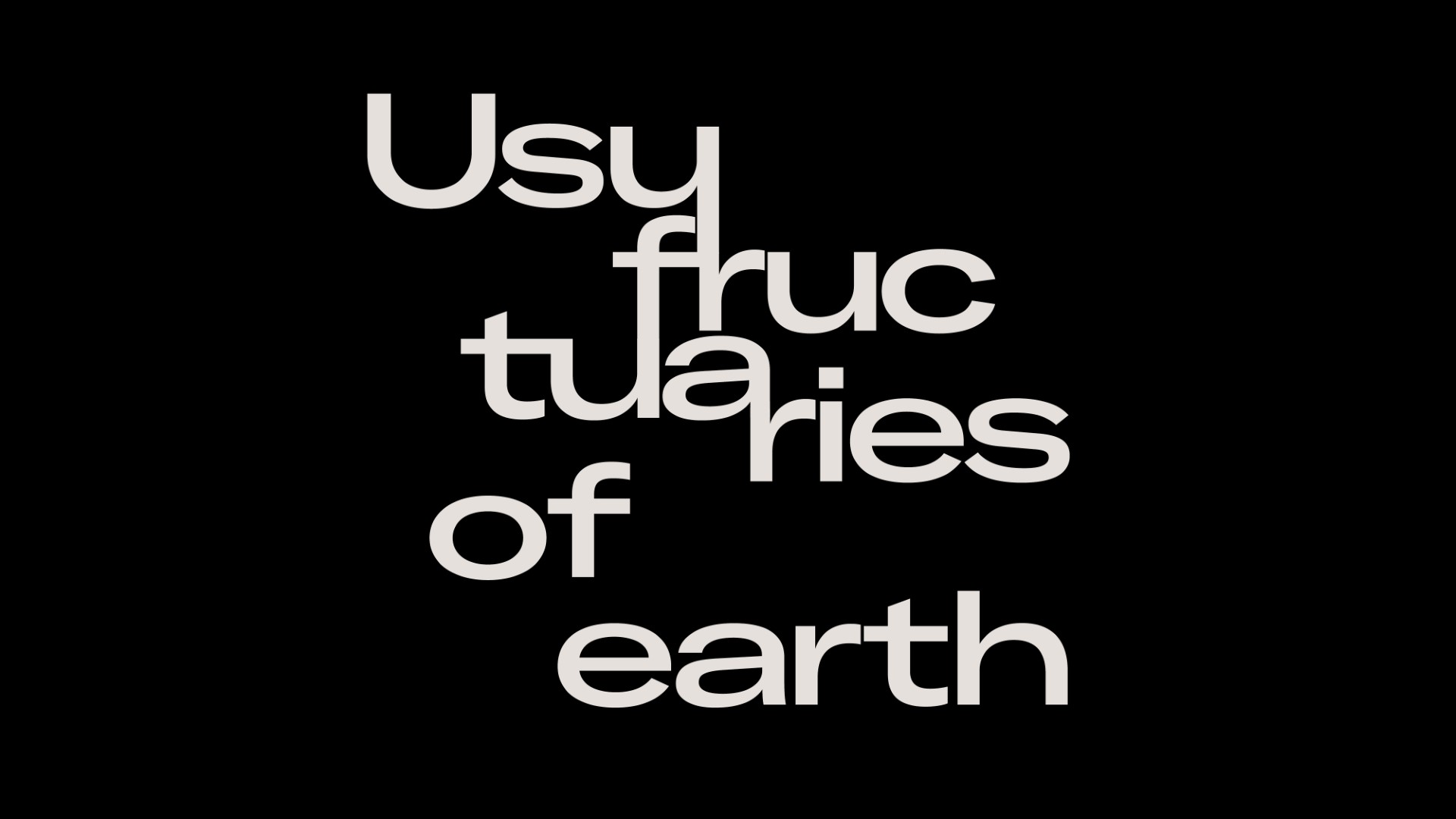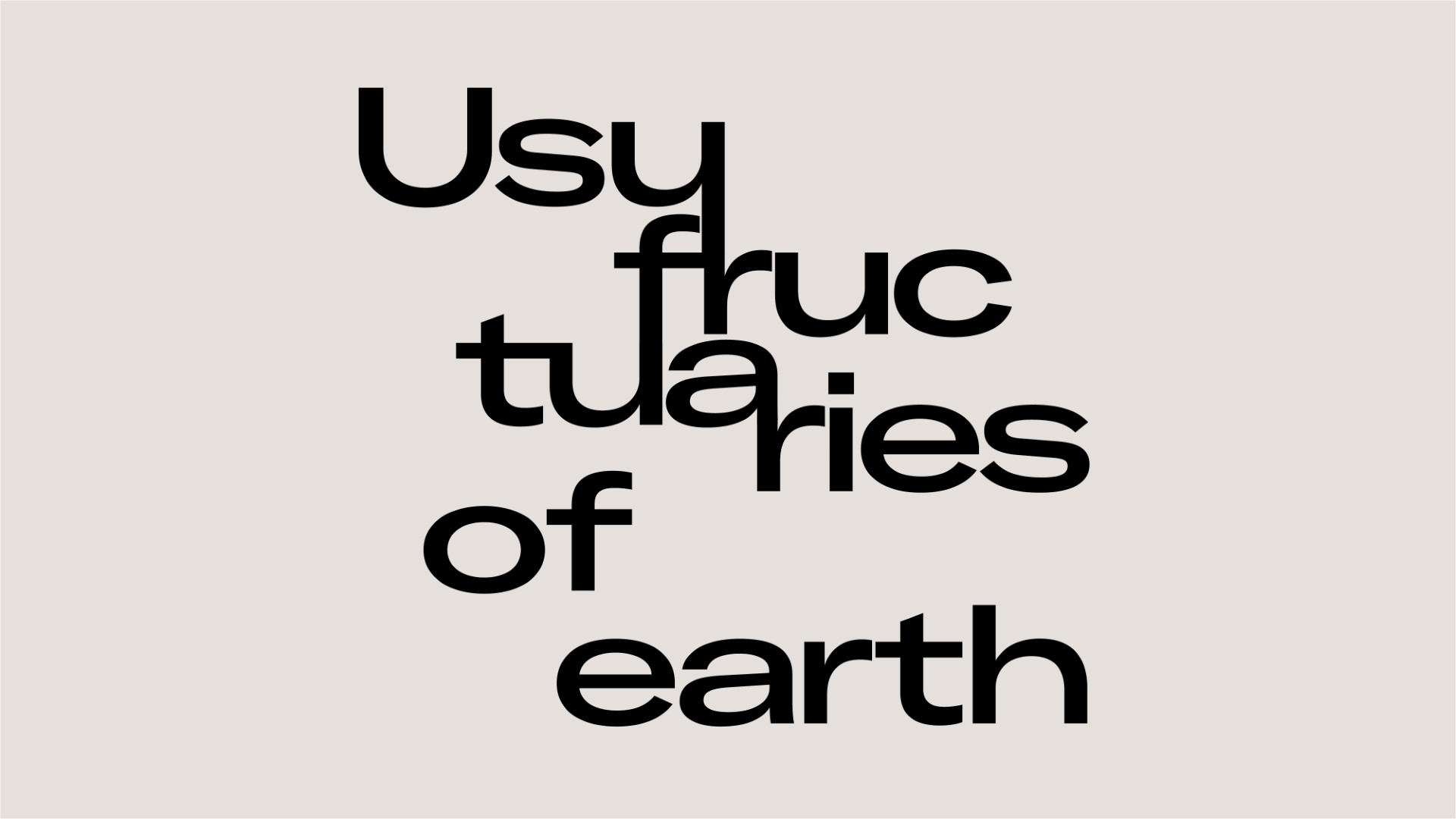Propositions #5: First Person Plural
Propositions #5: First Person Plural takes place on 19 May 2018 as part of Kunstenfestivaldesarts in Brussels, and is dedicated to the many legacies of 1968 as they continue 50 years later. It features contributions by 2017/2018 BAK Fellows Sepake Angiama, Luigi Coppola, Quinsy Gario, Ola Hassanain, Wendelien van Oldenborgh, and Otobong Nkanga, as well as Karina Griffith, Jörgen Gario, Gloria Holwerda-Williams, Shaka Jean-David, Charl Landvreugd, Marinella Senatore, Blu Samu, Fatoo San & Raph Stark.
Fifty years on, what gets highlighted when commemorating 1968, a year in which radical changes occurred all around the world? While individual freedoms were being fought for in Paris, tanks were crushing well-supported reforms in Prague. In Nigeria civil wars were ravaging communities, and in the United States the civil rights movement was culminating. This performative conference, conceived by BAK, basis voor actuele kunst as part of their series Propositions for Non Fascist Living, revisits the complexity of the year’s global legacy. It merges performative interventions, music acts, a lecture, a VJ conversation, and an intimate discussion during a film screening. Offering insights into the multiple 1968s, First Person Plural seeks mutual entanglements and sees common ground in a shared yearning to construct, even if temporarily, another we – a collective first person plural.
Program
20.00–21.00 hrs
Sepake Angiama with Karina Griffith, Born in Flames (1983)
Screening with live commentary and conversation
Like an evening at the cinema when you are disturbed by your neighbors’ comments on the film, educator, curator, and 2017/2018 BAK Fellow Sepake Angiama engages in live commentary and conversation during a screening of the film Born in Flames (1983), directed by Lizzie Borden. The movie addresses questions of feminism, gender politics, race, surveillance, and police brutality, and these same topics form the foci of the talk.
21.00–21.20/22.00–22.20 hrs
Ola Hassanain, Unscripted Public
Installation with video projection, tea set, and performance
On September 1st 1967 the Khartoum Resolution was issued, containing the famous “Three No’s”: “no peace with Israel, no recognition of Israel, no negotiations with it…” from the eight Arab League countries. 2017/2018 BAK Fellow Ola Hassanain departs from a text describing the political turmoil in Sudan following the Resolution, and develops an installation and performance that connects the historical protests with the current demonstrations erupting all over Khartoum, calling for the removal of the government, and usually suppressed with extreme violence. Unscripted Public invokes the gendered geographies and subjective recollections in the use of public space along different timelines in Khartoum, navigating among political poems, audible demands for public space as a site of resistance, and improvised political actions.
21.20–22.00 hrs
Otobong Nkanga, After First Light A Story to Tell
Lecture performance
2017/2018 BAK Fellow Otobong Nkanga uses the means of storytelling, objects and voice as a way of delving into fragments of history. Nkanga engages with a series of selected objects with narratives that excavates and unearths the existing entanglements along different historical happenings and personal accounts and encounters.
22.20–23.00 hrs
Quinsy Gario, …; speaking of borders
Lecture performance with Jörgen Gario, Gloria Holwerda-Williams, and Shaka Jean-David
2017/2018 BAK Fellow Quinsy Gario proposes a lecture performance through which the student uprising of January 1968 will be connected to the global racial emancipation during the 1960s. The piece departs from a picture taken by Ron Kroon lon January 18th 1968 of the Muurkrant (Wall Newspaper) in Leuven, where the students wrote: “Leuven moet een tweede Detroit worden!” (Leuven should become a 2nd Detroit!). The reference to the resistance of African Americans to police brutality in Detroit in 1967, places the Leuven uprising not just in the lineage of students’ protests around Europe, but also in an explicitly anti-racist and anti-colonial violence conversation. The profound international references of this uprising will be explored in a lecture performance that will look at language, colonial violence, religion and the political role of archives.
23.10–23.40 hrs
Wendelien van Oldenborgh and Charl Landvreugd, Conversational Tones
Musical and visual battle
Without any wish to undo difference, contradiction, or distance, artist Charl Landvreugd and artist and 2017/2018 BAK Fellow Wendelien van Oldenborgh generate a discourse through a playful “battle” made ofmusical and visual interactions, with a wide variety of questions, fragments, and choices from their respective and specific idioms: filmmaking, visual arts, theory. Like Mikhail Bakhtin, the Russian philosopher and critic who coined the term polyphony in literature, has argued, multilingual environments “liberate man by opening up a gap between things and their labels.” Nonequivalence is not a matter for despair, but is rather the impulse to life.
23.45–00.45 hrs
Marinella Senatore, Protest Forms: Memory and Celebration Invites: Blu Samu, Fatoo San & Raph Stark
Concert
Marinella Senatore, as part of her ongoing project Protest Forms: Memory and Celebration – investigating new ways of reclaiming the future common good through generations celebrating past achievements via music –, invites local rapper and musician Blu Samu to perform a live set. Salomé Dos Santos, alias Blu Samu, is a Belgian-Portuguese rapper, composer, and interpreter from the Brussels Hip Hop scene. Following the concert, a DJ set by Fatoo San & Raph Stark will fade the event into a night party.
All night
Luigi Coppola, On Evolutionary Population
Site specific intervention
2017/2018 BAK Fellow and artist Luigi Coppola brings together his ongoing interests in social choreography and “political chorality” – namely, underrepresented communities having voice through public art performances. This spatial intervention made of tape with writings is part of his research on evolutionary population, which began within Coppola’s projects in Castiglione d’Otranto in the south of Italy. Making use of the writings about interethnic communities by politician and activist Alexander Langer and evolutionary plant breeding by agronomist Salvatore Ceccarelli, the artist presents a star-like shape that cuts across the rooms used for the performative conference.



